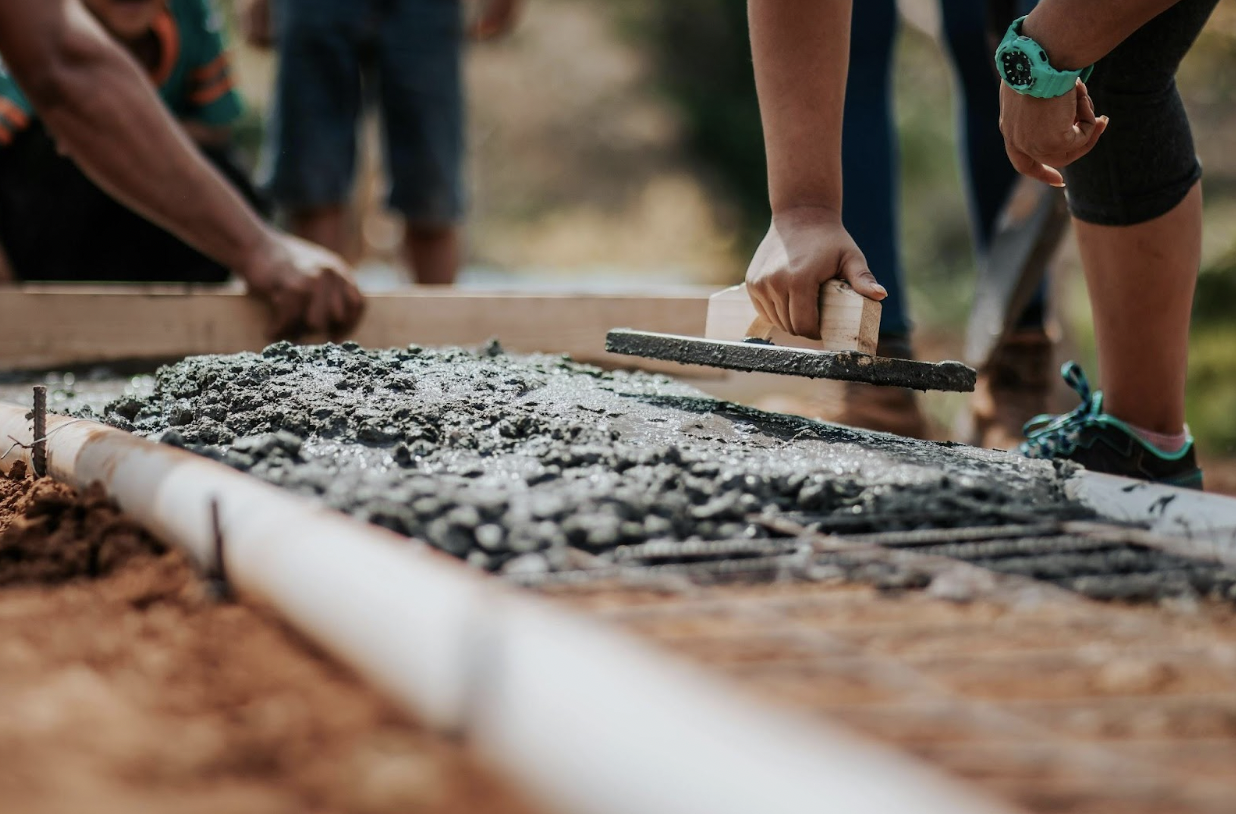Undertaking a Construction Project: Key Tips Worth Following

Embarking on a construction project can be an exciting but daunting endeavor. Whether you’re building a new home, renovating an office, or expanding an industrial facility, the process involves numerous moving parts. From planning and budgeting to hiring the right contractors and obtaining permits, each step requires careful attention. Without proper preparation, a construction project can quickly become stressful, costly, and time-consuming. By understanding the critical elements that contribute to a successful project, you can navigate potential pitfalls and ensure smooth execution. In this guide, we’ll outline key tips worth following to make your construction journey as efficient and rewarding as possible.
Define Clear Objectives and Goals
Before breaking ground, it’s important to define the objectives of your construction project. What exactly do you want to achieve? Clear goals help guide every decision, from design choices to budgeting. Start by outlining the purpose of the project, whether it’s creating additional space, upgrading facilities, or improving functionality. Consider factors like future needs, sustainability, and aesthetic preferences. By having a detailed vision, you’ll communicate more effectively with architects, contractors, and suppliers. Planning these objectives early ensures that every stage aligns with your ultimate goals, reducing misunderstandings and costly revisions later in the process.
Hire Qualified Professionals
The quality of your construction project largely depends on the professionals you hire. Selecting experienced architects, engineers, and contractors ensures that each aspect of the build is handled competently. Verify credentials, request references, and review previous work to assess the reliability of potential team members. Open communication is crucial. Professionals, such as those at kvconstruction.net, should be responsive and transparent about timelines, challenges, and costs. Partnering with qualified experts minimizes risks, ensures adherence to building codes, and improves the efficiency of your project. Remember, investing time in hiring the right professionals upfront can save significant headaches and expenses in the long run.
Develop a Comprehensive Budget
Budgeting is a cornerstone of successful construction planning. Establishing a realistic budget allows you to allocate resources effectively and anticipate potential costs. Start by estimating expenses for materials, labor, permits, and unexpected contingencies. It’s wise to include a buffer for unforeseen challenges, as construction projects often encounter surprises such as supply delays or design adjustments. Comparing quotes from multiple contractors can help ensure competitive pricing and prevent overspending. A well-structured budget keeps your project financially on track and provides clarity for decision-making, and helps you prioritize investments based on your most important objectives.
Obtain Necessary Permits and Approvals
Navigating the regulatory world is an often-overlooked aspect of construction planning. Local building codes, zoning laws, and safety regulations must be followed to avoid legal complications. Before beginning work, research the permits required for your specific project and submit applications well in advance. Failing to secure approvals can result in fines, delays, or even project shutdowns. Collaborating with your contractor and professionals during this process ensures that all documentation is accurate and complete. Taking the time to understand and comply with legal requirements protects your investment and contributes to a smoother construction experience.
Plan a Realistic Timeline
Time management is critical in construction projects. Developing a realistic schedule helps coordinate contractors, deliveries, inspections, and other crucial tasks. Break the project into phases and set achievable milestones to monitor progress effectively. Keep in mind that delays are common, whether due to weather, material shortages, or unforeseen technical challenges. Building some flexibility into your timeline allows you to address issues without causing major disruptions. Regular progress meetings and updates help maintain accountability and allow for timely adjustments. A well-planned timeline ensures the project advances steadily, reduces stress, and prevents the costly ripple effects of delays.
Prioritize Safety and Quality Control
Safety and quality control should be non-negotiable elements throughout your project. Implementing safety protocols protects workers and visitors, minimizing the risk of accidents and liability issues. Quality control ensures that materials, workmanship, and finishes meet the required standards. Schedule inspections and regular site reviews to catch potential issues early, preventing expensive rework or structural problems. Encouraging a culture of safety and attention to detail safeguards everyone on-site and contributes to the durability and long-term success of your construction project. These measures reflect professionalism and can enhance the value of your completed build.
Undertaking a construction project requires meticulous planning, disciplined execution, and proactive problem-solving. From defining objectives and setting budgets to hiring the right professionals and adhering to regulations, each step contributes to the success of the project. Prioritizing realistic timelines, safety, and quality ensures smooth progress and reduces costly setbacks. By following these key tips, you can approach your construction project with confidence, knowing you are prepared to navigate challenges while achieving your goals efficiently. Proper preparation and thoughtful decision-making lay the foundation for a project that is completed on time and within budget and delivers lasting value.






